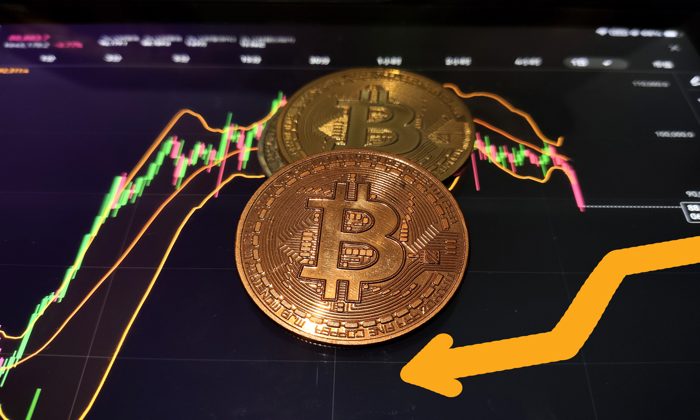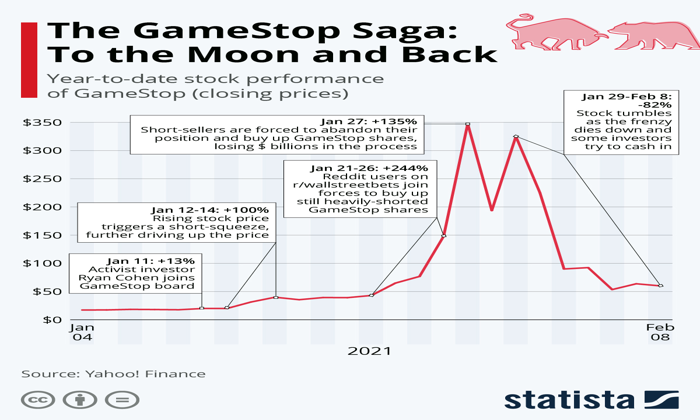North Korea crypto hacks have become a significant concern among G7 leaders, drawing attention to the regime’s controversial funding mechanisms for its weapons programs. As these discussions loom ahead of the upcoming summit, the urgency to address North Korea’s sophisticated cyber attacks has never been clearer. Reports reveal that the Democratic People’s Republic of Korea (DPRK) has pilfered billions from the cryptocurrency market, utilizing advanced hacking techniques that have resulted in shocking breaches, including thefts from platforms like Axie Infinity. The intersection of cybersecurity and geopolitical tensions, particularly among G7 nations, raises alarms as these malicious activities not only threaten individual investors but also pose broader security risks. As the world grapples with these challenges, strengthening cryptocurrency security measures emerges as a critical endeavor to thwart further funding of illicit activities by North Korean hackers.
As global leaders prepare to convene, the discussions surrounding the cyber incursions led by North Korean operatives underscore a pressing need for collective action. These malicious cyber intrusions, often referred to as illicit digital heists, have become synonymous with North Korea’s attempts to bolster its military capabilities amid escalating geopolitical frictions. The complexities of these attacks are magnified by the DPRK’s collaboration with other nations, as evidenced by recent exchanges of military resources and technological expertise. In this climate of uncertainty, the implications of such cyber operations extend beyond financial losses, threatening international stability and security at large. Thus, the focus of the G7 discussions will likely navigate these multifaceted issues, aiming to fortify defenses against ongoing threats posed by North Korea’s cyber warfare initiatives.
Understanding North Korea’s Crypto Hacks: A Global Threat
Over the years, North Korea has evolved into a formidable player in the realm of cybercrime, particularly in cryptocurrency theft. The regime has utilized these cyber hacks as a financial lifeline, funding its controversial weapons programs and maintaining its oppressive regime. High-profile incidents, such as the Axie Infinity hack, which resulted in a staggering $622 million loss, highlight the scale and sophistication of North Korea’s cyber operations. As G7 leaders prepare to address these alarming security breaches, the focus remains on how these cyberattacks are intertwined with global security concerns and the geopolitical landscape.
The impact of North Korean crypto hacks extends far beyond the immediate financial losses. These activities have raised serious questions regarding cryptocurrency security across the board, affecting exchanges, investors, and even national security policies. As hackers exploit vulnerabilities within blockchain technology, the repercussions are being felt globally, leading to increased scrutiny and calls for international cooperation to address these digital threats. The G7 summit represents a critical opportunity to discuss enhanced measures that can be implemented to deter such cyber threats and to protect the integrity of global cryptocurrency markets.
Frequently Asked Questions
What is the significance of North Korea crypto hacks at the G7 summit?
The G7 summit will address the alarming rise of North Korea’s crypto hacks, which are used to finance the country’s weapons programs. These discussions are crucial to combatting the geopolitical tensions stemming from North Korea’s cyber attacks and their implications on global security.
How do North Korean cyber attacks impact cryptocurrency security?
North Korean cyber attacks pose a significant threat to cryptocurrency security, as they exploit vulnerabilities in digital platforms to steal billions in crypto. These actions not only destabilize the cryptocurrency market but also draw attention to the need for better security measures across the industry.
What role do North Korea’s crypto hacks play in financing weapons development?
North Korea’s crypto hacks have reportedly generated substantial funds that support the development of weapons of mass destruction. The illicit funds obtained through sophisticated cyber attacks are channeled into military enhancements, raising concerns among international leaders, especially at forums like the G7.
How have recent geopolitical tensions influenced discussions on North Korea crypto hacks?
Recent geopolitical tensions, particularly regarding North Korea’s relationship with Russia and ongoing cyber threats, have heightened the urgency for G7 leaders to address North Korea’s crypto hacks. The discussions will focus on collective strategies to mitigate these threats and enhance international cybersecurity cooperation.
What measures are recommended to prevent North Korea’s cyber attacks on cryptocurrencies?
To counter North Korea’s cyber attacks on cryptocurrencies, experts recommend enhanced cybersecurity protocols, increased international collaboration, and stringent regulations that target the vulnerabilities exploited by hackers. Implementing these measures is critical in safeguarding digital assets against future threats.
What specific high-profile breaches are associated with North Korea’s cyber activities?
Notable high-profile breaches linked to North Korean hackers include the Axie Infinity hack, which resulted in a loss of $622 million, and the WazirX breach of $230 million. These incidents illustrate the extensive capabilities of North Korea’s cyber operations and their impact on the cryptocurrency landscape.
How are G7 leaders planning to address the risks posed by North Korean hackers?
G7 leaders are planning to discuss the strategies to combat the risks posed by North Korean hackers during their upcoming summit. This includes sharing intelligence on cyber threats, implementing sanctions, and establishing stronger cybersecurity policies to protect against ongoing crypto hacks and cyber attacks.
Can collaboration among G7 countries enhance defenses against North Korean crypto hacks?
Yes, collaboration among G7 countries can significantly enhance defenses against North Korean crypto hacks. By sharing resources, intelligence, and coordinated responses, the G7 can create a more robust framework to deter cyber threats and protect the global cryptocurrency ecosystem.
What is the Lazarus Group and its connection to North Korea’s cyber attacks?
The Lazarus Group is a North Korean state-sponsored hacking organization known for orchestrating major cyber attacks, including several high-profile cryptocurrency hacks. Their sophisticated operations have made significant impacts on the digital asset environment, alarming governments and cybersecurity experts.
What future implications do North Korea’s crypto hacks have for global financial security?
North Korea’s crypto hacks may have dire implications for global financial security, as they threaten to undermine trust in digital currencies and financial systems. Ongoing cyber activities could lead to increased regulatory scrutiny and necessitate more rigorous security measures across the global financial landscape.
| Key Points |
|---|
| G7 leaders to discuss North Korea’s crypto hacks funding weapons programs. |
| North Korea has stolen billions through cyberattacks, notably Axie Infinity and Bybit. |
| Concerns about increasing ties between North Korea and Russia complicate cybersecurity efforts. |
| The G7 summit is set for June 15 to 17 in Kananaskis, Alberta, Canada. |
| Activities from DPRK’s hacking operations raise geopolitical tensions and trade concerns. |
| North Korea’s strategies include sophisticated tactics likely to have severe global impacts. |
Summary
North Korea Crypto Hacks have emerged as a critical issue that G7 leaders plan to address in their upcoming summit. The discussions come amid serious allegations that North Korea has exploited cyber capabilities to fund its weapons programs. The DPRK’s extensive hacking operations, which have reportedly stolen billions in cryptocurrencies, significantly contribute to this threat. With increasing geopolitical tensions and the nation’s evolving relationships with countries like Russia, it is essential for the G7 to collaborate on strategies to combat these cyber threats effectively. At this summit, leaders aim to devise coordinated responses to mitigate the risks posed by North Korean cyber activities and protect global financial security.
North Korea Crypto Hacks have become a focal point for global security discussions, especially with the upcoming G7 summit. As tension escalates in the geopolitical landscape, leaders will scrutinize how the Democratic People’s Republic of Korea (DPRK) has allegedly siphoned billions through sophisticated cyber attacks to finance its weapons programs. Events like the high-profile breaches involving popular platforms such as Axie Infinity have only amplified concerns surrounding cryptocurrency security. The ramifications of these hacks extend beyond mere financial loss; they pose serious questions about how cybercriminals in North Korea are funding weapons development in a time of escalating international conflict. With increasing focus from G7 leaders on this issue, it’s clear that addressing these cyber threats is critical for maintaining global stability.
The phenomenon of North Korean hacking operations has drawn significant attention, particularly as they pertain to cryptocurrency theft. Often referred to as cyber incursions, these attacks by the DPRK are increasingly sophisticated, targeting various digital platforms to amass assets. The stakes are rising as investigations link these illicit financial gains to the support of military advancements. With the G7 nations preparing to address the strategic implications of these threats, the conversation is shifting towards understanding how international coalitions can counteract the funding of rogue states. Cryptographic security remains paramount as geopolitical tensions rise, reminding us of the intertwined fate of global finance and national security.















